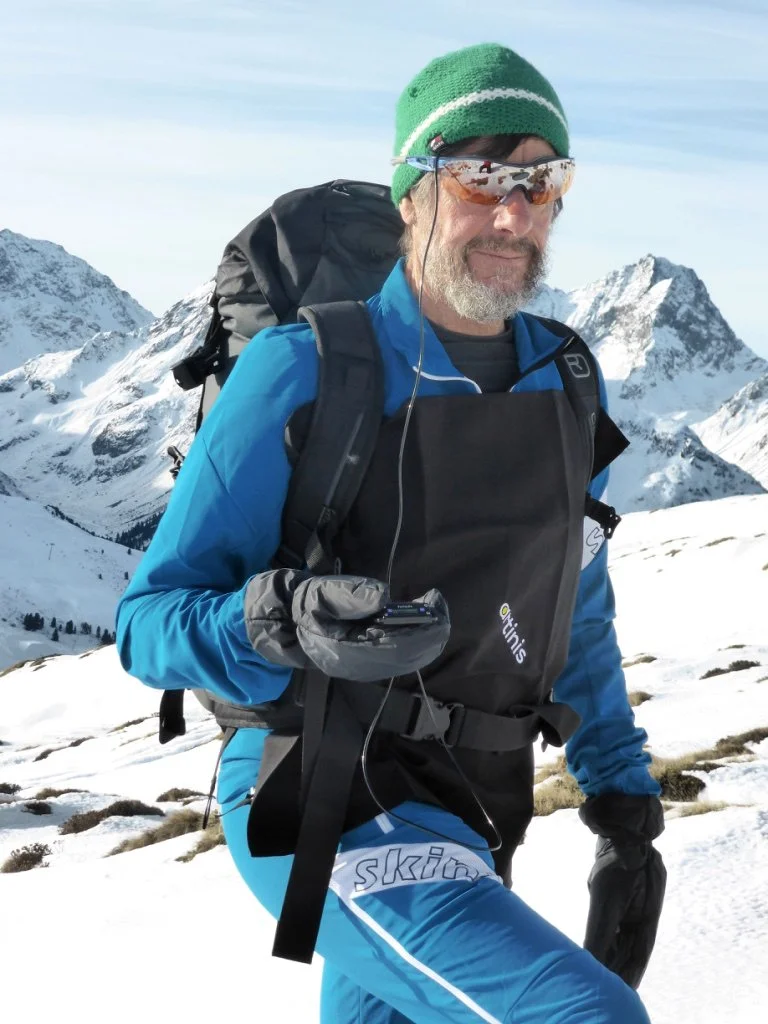A user case: Hypoxia research with the PortaLite
Prof. Martin Burtscher and Prof. Robert Koch from the University of Innsbruck (Austria) put their knowledge on hypoxia research into practice when climbing the highest volcano of the world (Ojos del Salado, 6893 m) situated in the Atacama desert in Chile (South America).
Due to an optimized acclimatization program (amongst other supported by PortaLite measurements) they were able to perform the overall travel within just 14 days. Pre-acclimatization has been started in the Alps and the hypoxia chamber of the University of Innsbruck; acclimatization has been continued in the region around Putre (Lauca national park, 3650 – 5700 m). Then they climbed within 5 days by car and by foot from Copiapó (383 m) close to 7000 m.
Due to their experience and repeated measurements of various physiological parameters (including cerebral oxygenation measured by NIRS with the PortaLite), they controlled acclimatization on an individual basis and were able to perform this high-altitude sojourn without any symptoms of acute mountain sickness.
While being used in a challenging environment and at the same time facing low temperatures, the application of the PortaLite proved to be very successful throughout the research.
Next to quality equipment, according to the Professors an appropriate fitness level and climbing skills, adequate diet and good luck with the weather are also essential to perform a successful high-altitude research.




